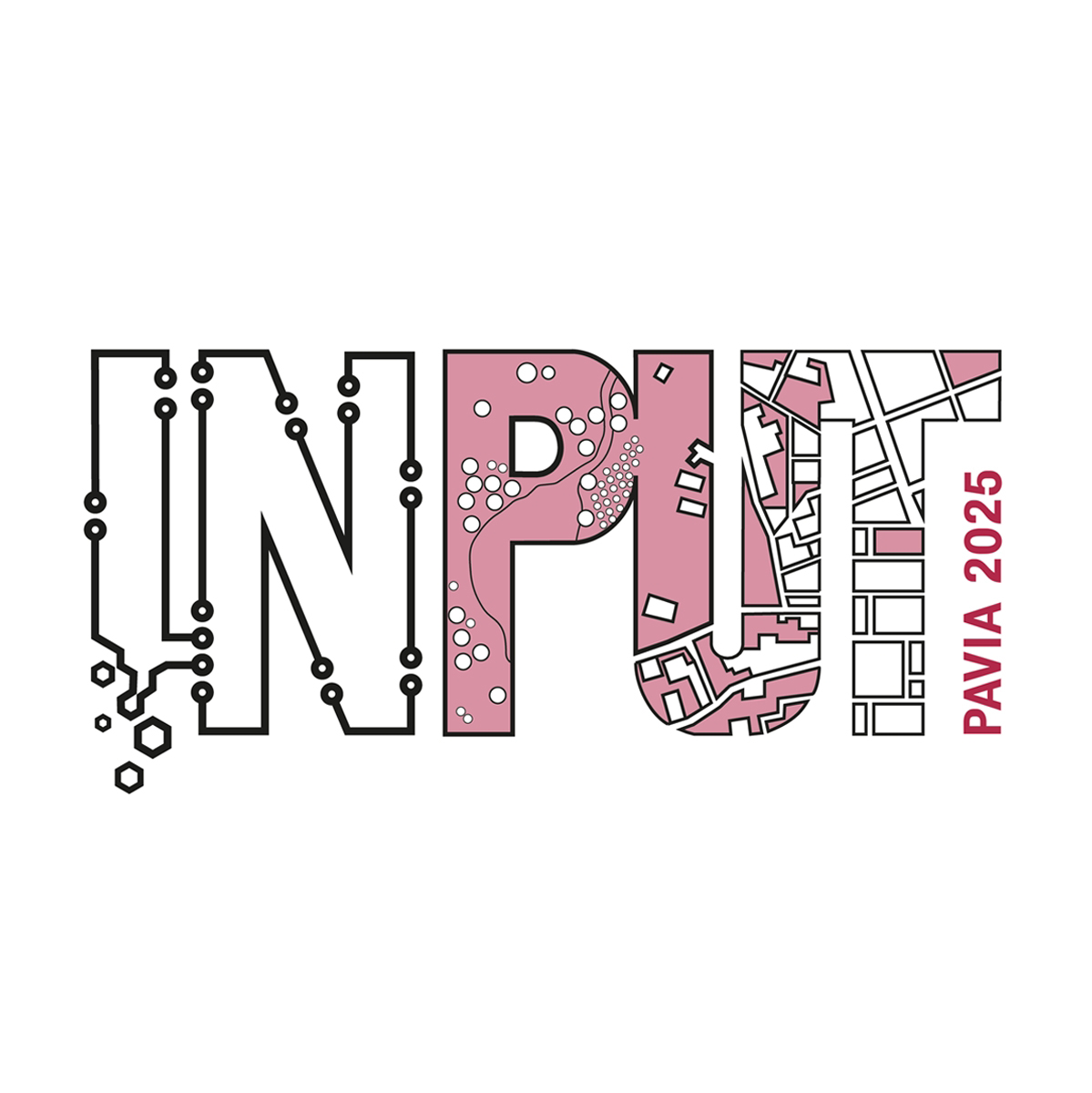Innovative Approaches and Data-Driven Methodologies for driving Sustainable and Inclusive Urban Regeneration
Fiorini Lorena (University of L’Aquila), Saganeiti Lucia (Institute of Methodologies for Environmental Analysis – CNR-IMAA), and Pilogallo Angela (Institute of Methodologies for Environmental Analysis – CNR-IMAA)
Urban planning must respond to the urgent need to address global challenges such as climate change, environmental degradation and socio-economic inequalities. The increasing complexity of urban transformations requires a multidisciplinary and data-driven approach to ensure sustainable and resilient development.
New methodologies to assess the sustainability of transformations need to be developed, enabling the identification of key metrics that measure socio-economic dynamics, environmental quality, ecosystem services and safety. Urban regeneration emerges as an effective alternative to indiscriminate land consumption, aiming to meet specific local needs and, at the same time, increasing the sustainability of urban settlements in the face of ongoing crises.
In this context, already structured elements such as indicator engineering and innovative elements such as research infrastructure in the environmental domain are gaining strength.
Their integration allows for more accurate scenario analyses, more robust predictive models and greater policy coherence, making them crucial for urban and spatial development governance. This approach promotes spatial justice and contributes to the achievement of the Sustainable Development Goals (SDGs) outlined in the 2030 Agenda, while complementing disaster risk reduction strategies as specified by the UNDRR, thereby fostering more equitable, sustainable and resilient communities.
Innovative Approaches and Data-Driven Methodologies for driving Sustainable and Inclusive Urban Regeneration session aims to gather contributions addressing the following topics: Urban regeneration processes; Climate change; Ecosystem services; spatial justice; disparity in the urban transformation dynamics.
Contributions should address, but not be limited to: case studies where approaches and indicators to evaluate the sustainability of transformations have been developed; reviews, studies or position papers on sustainable urban regeneration topics. Research works dealing with:
- Formulation of decision support tools to guide regeneration programs also with a view to achieving an improvement in urban resilience and the pursuit of municipal mitigation targets;
- Experiences of participatory planning and citizen engagement activities to raise awareness of sustainability and urban resilience issues;
- Processes and initiatives for co-designing interventions aimed at improving the quality of the urban environment;
- Regeneration projects based on local demand for ecosystem services (e.g. improving air quality, reducing noise pollution, regulating the micro-climate) also with a view to improving the adaptive capacity of the urban environment;
- Development of indicators for monitoring climate-positive regeneration programs;
- Development of indicators to measure the performance of regeneration actions in terms of environmental and climate justice with a focus on the most vulnerable population groups (minors and the elderly, ethnic and religious minorities, gender equality).
Research to explore the potential of using research infrastructures to build robust knowledge frameworks and responsive monitoring systems to support the development of regeneration programs.
Keywords: urban regeneration, resilience, urban sustainability, indicators engineering, research infrastructures
